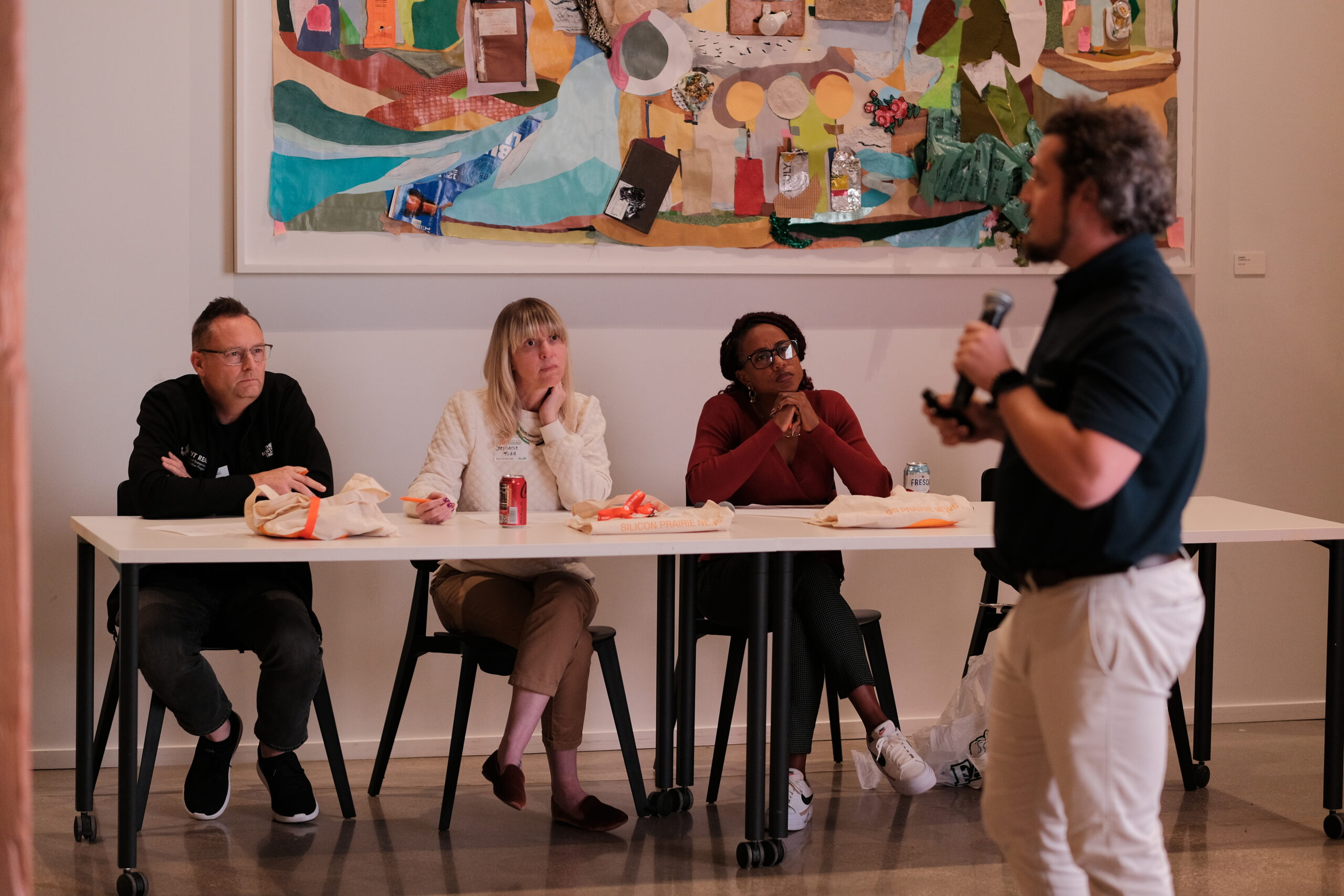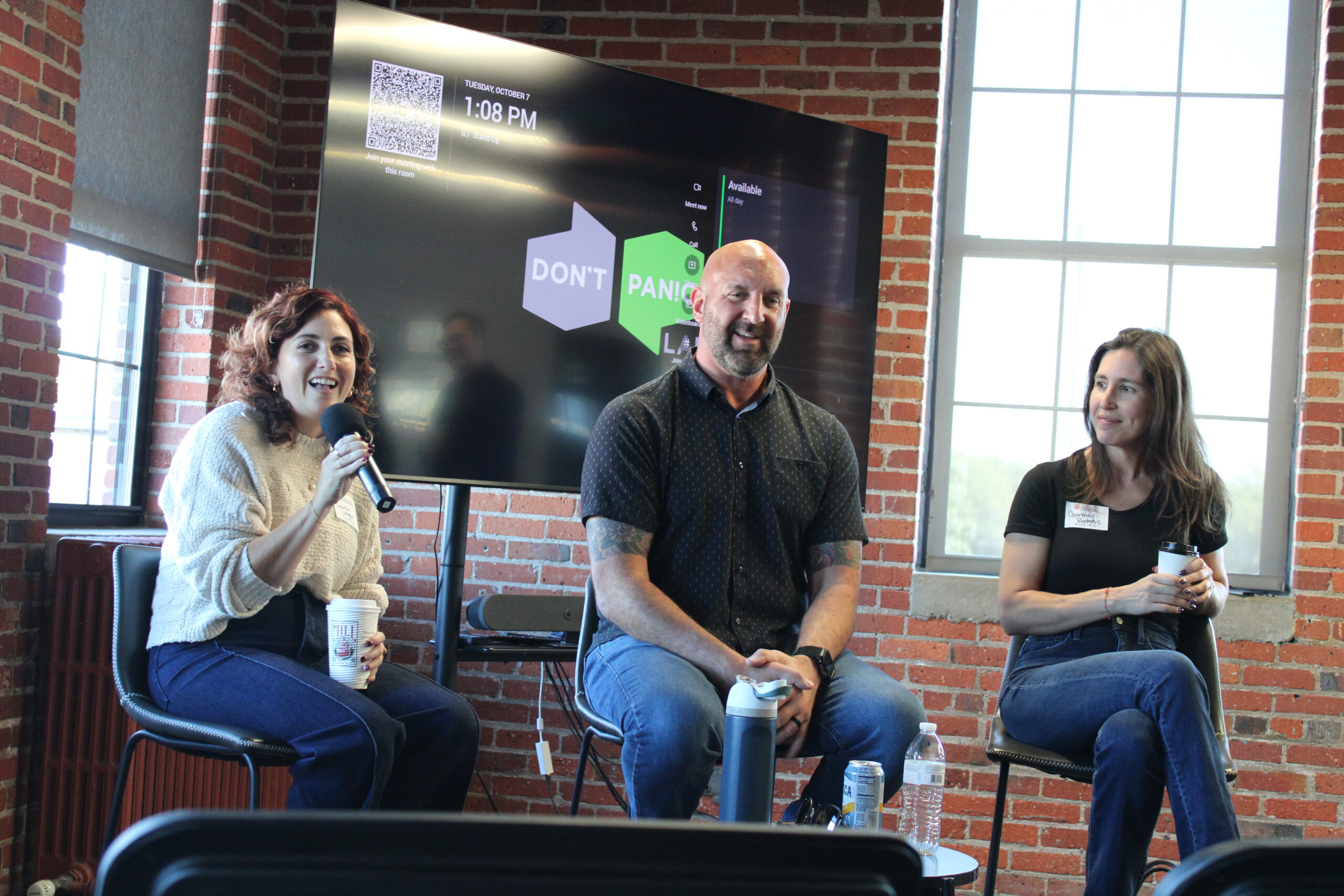
A group of government officials, academics and non-profit leaders convened today in Washington, D.C. to call for the reduction of legislation and regulation that they believe is impeding the progress of the country’s high-growth startups.
Benno Schmidt, the interim president and CEO of the Kansas City, Mo.-based Ewing Marion Kauffman Foundation, and Govs. Dave Heineman of Nebraska and Jack Markell of Delaware, who both attended on behalf of the National Governors Association (NGA), suggested ways to foster entrepreneurship and accelerate economic growth at the Kauffman Foundation’s State of Entrepreneurship Address. During the third annual address, titled “A Roadmap for State Growth,” Schmidt focused on reducing state and local legal and regulatory barriers standing in the way of startups and young companies.
Schmidt (below, left) pointed to gridlock in Washington and Kauffman research showing that state and local laws and regulations affect entrepreneurs more than federal statutes as indicators that state- and local-level policymakers can have the greatest – and fastest – positive impact on spurring economic growth through innovation.
Heineman (below, right) called states to act now on behalf of innovators. “States are laboratories of experimentation and positive reform,” he said. “Now is the time for states to aggressively grow and foster the culture of innovation and entrepreneurship.”

Added Robert Litan, vice president of research and policy at the Kauffman Foundation: “An important challenge for policymakers at all levels of government is to create the conditions that enable an increase in the number of fast-growing job creators or to enhance the pace at which the most successful firms expand. We need to foster new thinking about how to stimulate job creation.”
In conjunction with today’s address, the Kauffman Foundation released two reports: “State Startup Act,” which lays out an agenda for state-level policymakers to foster entrepreneurship, and “License to Grow,” which illustrates barriers to entrepreneurship imposed by state and local governments.
The event, held at the National Press Club, included remarks from Heineman, who’s the chairman of the NGA. It also featured a panel discussion that included Heineman; Markell, the NGA’s vice-chair; Bill Aulet, managing director of the Trust Center for MIT Entrepreneurship; and Morris Kleiner, University of Minnesota professor and expert on occupational licensing issues.
Recommendations discussed at the State of Entrepreneurship event included:
- Reforming occupational licensing, which acts as a barrier to entry for entrepreneurs seeking to provide services to consumers at the state and local levels through new business models at lower cost and/or higher quality.
- Allowing university faculty to retain licensing rights to the technologies they develop, without having to gain university approval, and/or to more rapidly move innovations from the laboratory to the marketplace.
- Reducing state-level paperwork, time and effort required for firm formation.
- Making state-level business shutdown and liability costs as low as possible, because not all new ventures succeed.



